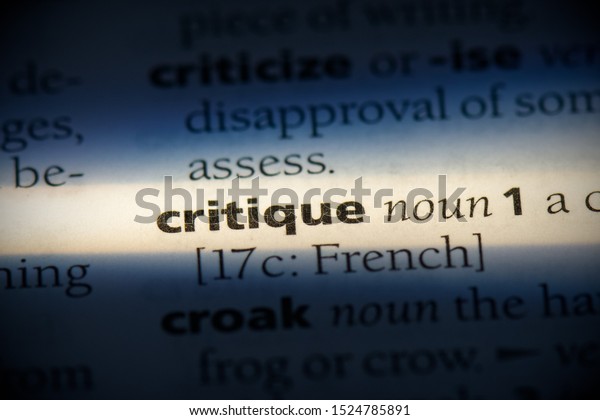
By Matt Sheedy
This is part-one of a two-part response to Watts and Mosurinjohn’s essay “Can Critical Religion Play by Its Own Rules? Why There Must Be More Ways to Be ‘Critical’ in the Study of Religion,” which recently appeared in the Journal of the American Academy of Religion.
Before detailing some of my disagreements with this essay, I should say that I was happy to see this article in print as it signals the relevance of what some have called Critical Religion (CR) in our discipline and offers an important opportunity for clarification and further debate. Too often, I feel, we forget that the ultimate aim of scholarship is to advance knowledge and not simply ‘win’ an argument, whatever that may mean in the short term. As someone interested in the idea of Critical Religion and who is trained in Critical Theory (of the Frankfurt School and post-structuralist varieties), I approach this essay as a chance to think more carefully about the aims, influences, and effects of these debates. Continue reading “Critical Religion and the Critical Study of Religion: A Response to Galen Watts and Sharday Mosurinjohn, Part 1”

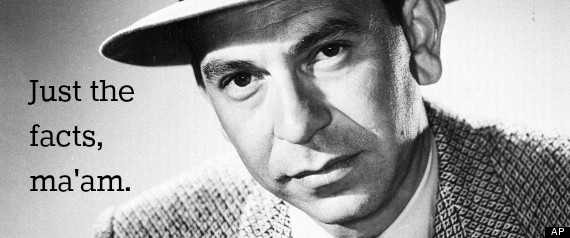
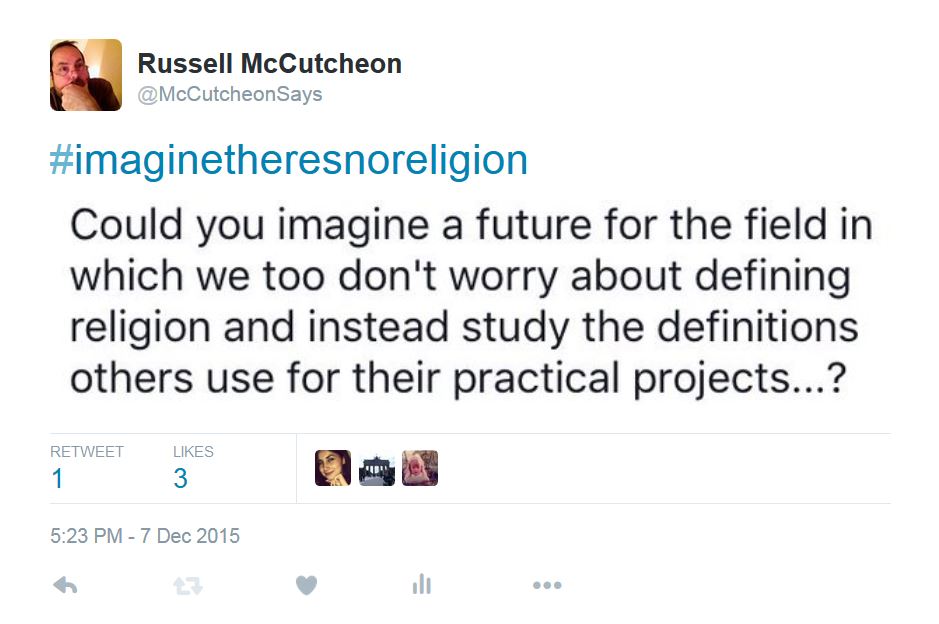

 Katie Lofton’s recent review essay of
Katie Lofton’s recent review essay of 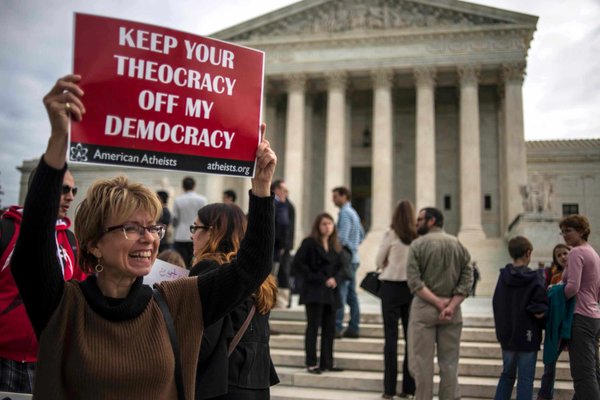 Perhaps you’ve caught the news about a recent Supreme court decision in the U.S. in which (by a slim, but sufficient, 5-4 majority) local town meetings that begin with prayer were held to be constitutional — so long as religions were not actively excluded from the opportunity. The majority (read the decision, and various commentaries, for yourself
Perhaps you’ve caught the news about a recent Supreme court decision in the U.S. in which (by a slim, but sufficient, 5-4 majority) local town meetings that begin with prayer were held to be constitutional — so long as religions were not actively excluded from the opportunity. The majority (read the decision, and various commentaries, for yourself  I’ve long known why I like Will Ferrell movies — he always plays it straight. No matter what character he adopts, he rides it as far as it’ll take him, never feeling the need that he has to wink to the audience, to let us in on the secret that he really isn’t that way himself, that he’s just playing a character.
I’ve long known why I like Will Ferrell movies — he always plays it straight. No matter what character he adopts, he rides it as far as it’ll take him, never feeling the need that he has to wink to the audience, to let us in on the secret that he really isn’t that way himself, that he’s just playing a character.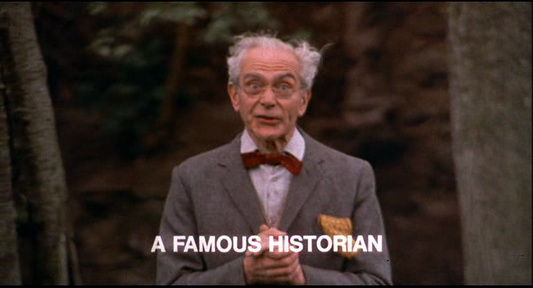
 As a native Greek speaker, the words in English that give me most trouble—especially when I find myself at various conferences or lectures in North America that involve, in some way or another, the use of Ancient Greek—is the pronunciation of those words. I admit that I can’t resist the temptation of correction for example whenever I hear Thucydides (pronounced: Thu-si-di-dees) instead of Θουκυδίδης (pronounced: Thu-ky-theē-thees). But once I found myself in an awkward position where context made the text if not unrecognizable but certainly irrelevant.
As a native Greek speaker, the words in English that give me most trouble—especially when I find myself at various conferences or lectures in North America that involve, in some way or another, the use of Ancient Greek—is the pronunciation of those words. I admit that I can’t resist the temptation of correction for example whenever I hear Thucydides (pronounced: Thu-si-di-dees) instead of Θουκυδίδης (pronounced: Thu-ky-theē-thees). But once I found myself in an awkward position where context made the text if not unrecognizable but certainly irrelevant.  Sometime ago I realized that there was important theoretical work signaled by
Sometime ago I realized that there was important theoretical work signaled by